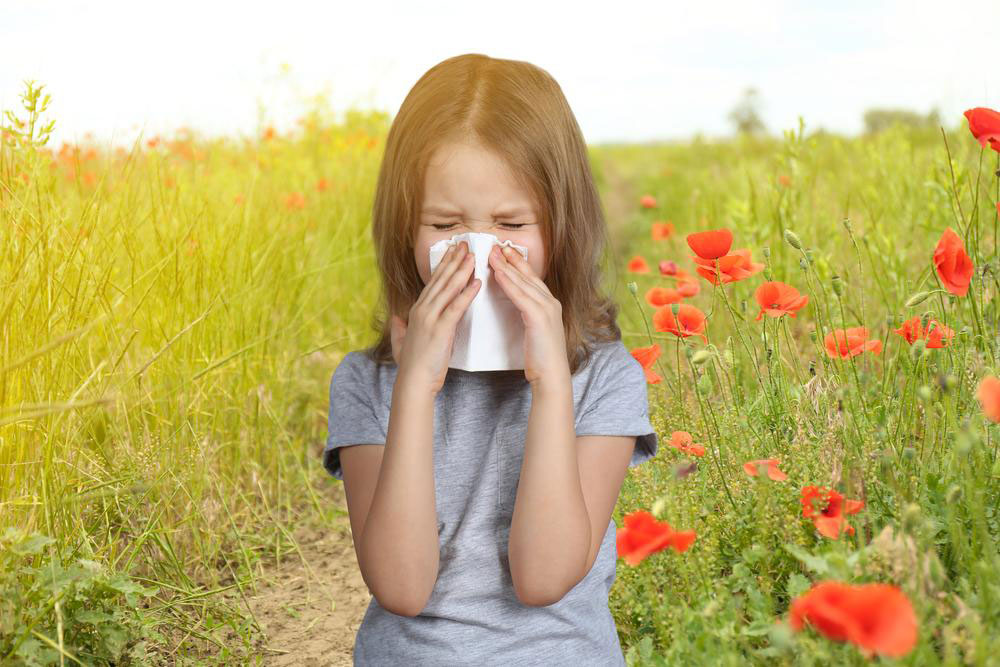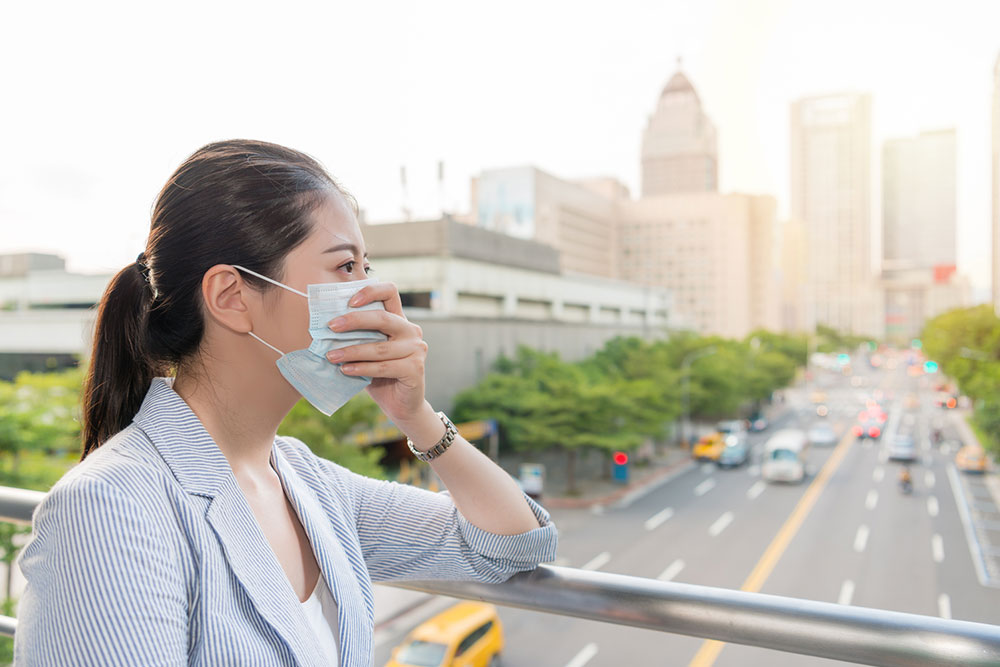Types of Allergies and Recognizing Their Signs
This article explains various types of allergies including food, dust, skin, insect stings, and medications. It highlights key symptoms and emphasizes the importance of early detection and professional treatment for safe management. Understanding allergy signs can prevent severe health issues and improve quality of life.
Sponsored

Understanding different allergies and their symptoms is essential for effective management and prevention. Allergic reactions can range from mild discomfort to life-threatening emergencies, making it crucial to identify early warning signs. These responses occur when the immune system reacts strongly to harmless environmental substances, activating immune cells such as mast cells and basophils. Recognizing symptoms promptly can help avoid severe complications.
Medical professionals often recommend antihistamines, corticosteroids, or immunotherapy to reduce allergic sensitivity. Common allergy types include:
Food allergies: Reactions to foods like seafood, eggs, nuts, or dairy cause symptoms like stomach upset, swelling, or difficulty breathing. They can occur at any age and may trigger severe reactions such as anaphylaxis.
Dust allergies: Triggered by mites, pollen, pet dander, or cockroaches, symptoms include sneezing, nasal congestion, itchy eyes, and wheezing, often worsening during cleaning activities.
Skin allergies: Contact with certain metals, lotions, or plants causes rashes, redness, swelling, and itching. Maintaining hygiene and avoiding irritants are key steps for prevention.
Insect sting allergies: Bites from bees, wasps, or ants can cause pain, swelling, hives, or severe reactions like swelling of the throat and impaired breathing. Immediate emergency care is essential.
Medicine allergies: Reactions to specific drugs such as antibiotics or pain relievers manifest as rashes, fever, or respiratory problems. Noting any adverse effects after taking medication and consulting a healthcare professional is vital.
Recognizing allergy symptoms early and seeking appropriate treatment can help prevent dangerous reactions. Consulting an allergist allows for personalized management plans to control allergies effectively and safely.






